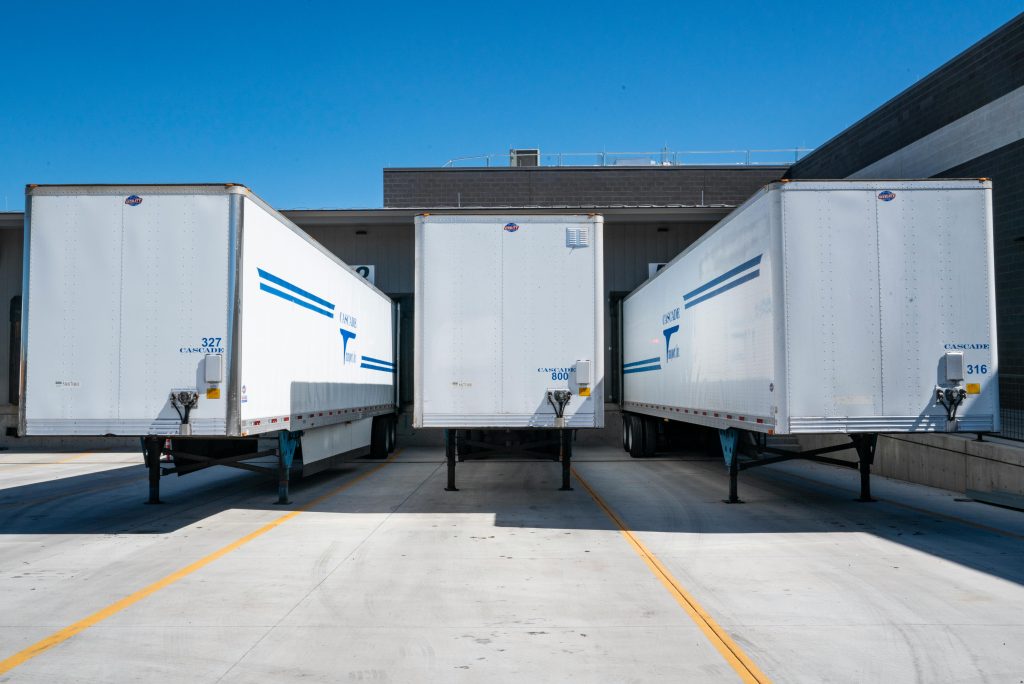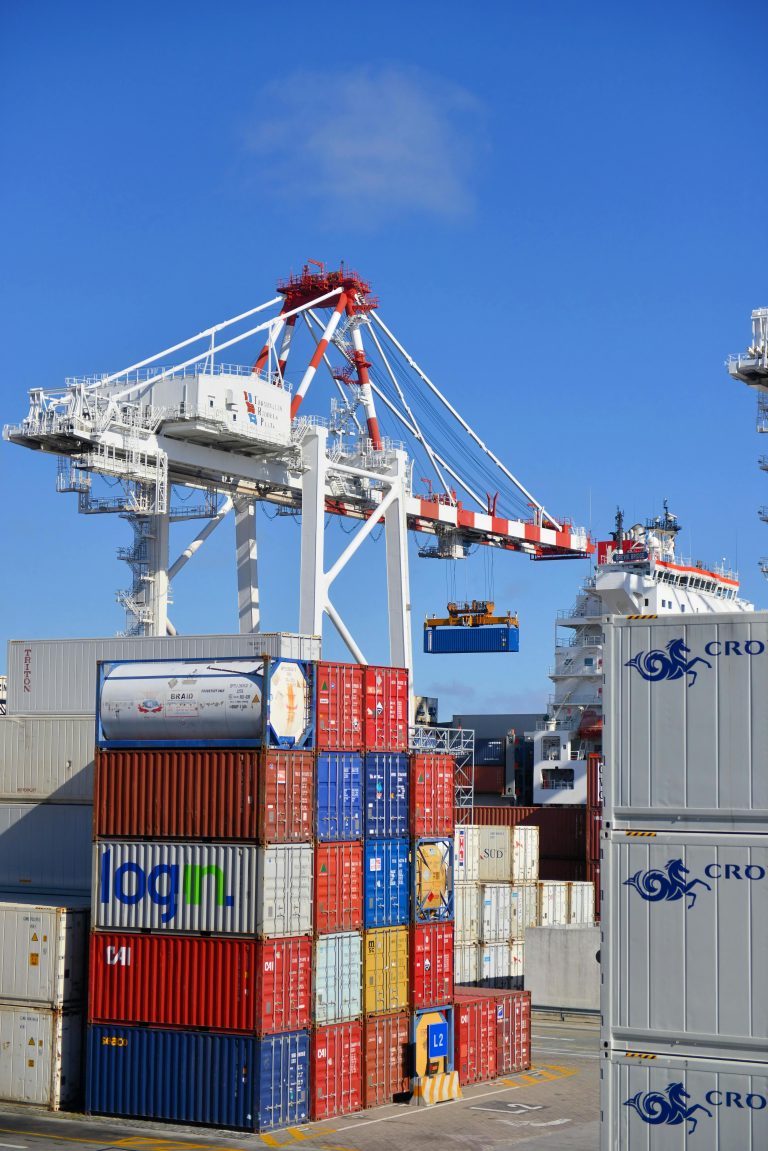Box Truck Industry Insights: Trends and Success Strategies

Introduction
This comprehensive guide provides valuable insights into the box truck industry insights, covering everything from regulatory requirements to emerging opportunities for independent contractors and fleet owners.
Box Truck Independent Contractor: Opportunities and Challenges
The role of independent contractors in the box truck industry has grown significantly in recent years, driven by the rise of e-commerce and the gig economy.
Advantages of Being an Independent Contractor:
- Flexibility in scheduling and route selection
- Potential for higher earnings compared to employed drivers
- Opportunity to build and grow your own business
- Ability to work with multiple clients or platforms
Challenges Faced by Independent Contractors:
- Fluctuating workload and income
- Responsibility for vehicle maintenance and operating costs
- Need for self-motivation and business management skills
- Compliance with regulations and paperwork requirements
Success Strategies for Independent Contractors:
- Diversify your client base to ensure steady work
- Invest in technology for efficient route planning and load management
- Build a strong reputation for reliability and quality service
- Stay informed about industry trends and regulations
- Network with other professionals in the industry for support and opportunities

Emerging Technologies in Box Truck Industry Insights Operations:
The box truck delivery sector is experiencing rapid changes due to technological advancements and shifting consumer expectations.
Key Trends in Box Truck Delivery:
Increased focus on efficient last-mile delivery strategies
Growing demand for real-time package tracking and delivery updates
Rise of contactless and unattended delivery options
Increasing emphasis on eco-friendly delivery practices
Use of advanced algorithms for route optimization and demand forecasting
Emerging Technologies in Box Truck Operations:
- Electric and Hybrid Vehicles: Transition to more environmentally friendly truck options
- IoT-Enabled Fleets: Use of Internet of Things (IoT) devices for real-time fleet management
- Automated Loading/Unloading Systems: Implementation of systems to speed up warehouse operations
- Blockchain for Logistics: Improved transparency and security in supply chain management
- Augmented Reality: Use of AR for efficient package sorting and delivery

Do You Need a CDL for a 26ft Box Truck?
One of the most common questions in the box truck industry concerns licensing requirements, particularly for larger vehicles.
CDL Requirements for Box Trucks:
- Generally, a Commercial Driver’s License (CDL) is not required for box trucks under 26,000 pounds Gross Vehicle Weight Rating (GVWR).
- Most 26ft box trucks fall under this weight limit, typically weighing between 16,000 to 26,000 pounds GVWR.
Factors Affecting CDL Requirements:
- Truck Weight: The primary factor is the truck’s GVWR, not its length.
- Cargo Type: Hazardous materials always require a CDL, regardless of truck size.
- Interstate vs. Intrastate: Requirements may vary for crossing state lines.
- Local Regulations: Some states or municipalities may have additional requirements.
Best Practices:
- Check the specific GVWR of your 26ft box truck
- Consult with your local DMV for exact requirements in your area
- Consider obtaining a CDL for increased job opportunities, even if not strictly required
Owner Operator Contracts: Understanding the Landscape
For box truck owner-operators, understanding different types of contracts is crucial for business success.
Types of Owner Operator Contracts:
- Lease Agreements: Contracting with a larger carrier company
- Independent Contracts: Direct agreements with shippers or brokers
- Dedicated Contracts: Exclusive arrangements with specific clients
- Per Diem Contracts: Daily rate agreements for consistent work
Key Elements of Owner Operator Contracts:
- Compensation Terms: Clear definition of pay rates, including any performance bonuses
- Operating Costs: Specification of who covers fuel, maintenance, and other expenses
- Insurance Requirements: Outline of necessary coverage and who provides it
- Equipment Standards: Any specific requirements for the truck or equipment
- Performance Metrics: Clear expectations for delivery times, customer service, etc.
- Termination Clauses: Conditions under which the contract can be ended by either party
Negotiating Owner Operator Contracts:
- Understand your operating costs to ensure profitability
- Seek clarity on all terms and conditions
- Consider seeking legal advice for complex contracts
- Be prepared to negotiate favorable terms, especially as you build a strong track record
Box Truck Requirements: Compliance and Best Practices
Staying compliant with industry regulations is essential for box truck operators. Here’s an overview of key requirements and best practices:
Vehicle Requirements:
- Regular Inspections: Conduct daily pre-trip inspections and maintain records
- Maintenance Schedules: Adhere to manufacturer-recommended maintenance schedules
- Safety Equipment: Ensure all required safety equipment is present and functional
- Weight Limits: Comply with weight restrictions for your specific truck class
Driver Requirements:
- Proper Licensing: Ensure all drivers have appropriate licenses for the vehicle class
- Medical Certifications: Obtain and maintain necessary medical certifications
- Hours of Service: Comply with hours of service regulations, even for non-CDL drivers
- Drug and Alcohol Testing: Implement a drug and alcohol testing program as required
Business Requirements:
- DOT Number: Obtain a USDOT number if operating interstate or as required by your state
- Insurance: Maintain adequate insurance coverage as per federal and state requirements
- Business Licenses: Secure all necessary business licenses and permits
- Tax Compliance: Stay current with all applicable taxes, including fuel taxes and heavy vehicle use tax
Best Practices for Compliance:
- Stay informed about changing regulations in the industry
- Implement a robust record-keeping system for all aspects of your operation
- Conduct regular training sessions for drivers on safety and compliance
- Consider using compliance management software to streamline processes

Government Contracts for Box Trucks: Tapping into Lucrative Opportunities
Government contracts can provide stable, long-term work for box truck operators. Here’s how to access and succeed in this market:
Types of Government Contracts:
- Federal Agencies: Contracts with USPS, military bases, or other federal departments
- State Contracts: Opportunities with state-level agencies and institutions
- Local Government: Work with city or county offices, schools, and municipal services
- Government Subcontracts: Partnering with prime contractors on larger government projects
How to Secure Government Contracts:
- Register Your Business: Sign up on the System for Award Management (SAM) website
- Obtain Necessary Certifications: Such as small business or veteran-owned business certifications
- Research Opportunities: Use resources like FedBizOpps.gov to find relevant contracts
- Understand Bidding Processes: Familiarize yourself with government procurement procedures
- Network: Attend government contracting events and build relationships with contracting officers
Success Strategies for Government Contracts:
- Start with smaller contracts to build past performance records
- Ensure strict compliance with all contract terms and regulations
- Invest in quality control measures to maintain high service standards
- Be prepared for detailed record-keeping and reporting requirements
- Consider partnering with experienced contractors for larger opportunities

Conclusion: Navigating the Future of the Box Truck Industry
The box truck industry continues to evolve, driven by technological advancements, changing consumer behaviors, and regulatory developments. Success in this dynamic environment requires a combination of adaptability, industry knowledge, and strategic planning.
Key takeaways for thriving in the box truck industry:
- Stay Informed: Continuously educate yourself about industry trends, regulations, and technological advancements.
- Embrace Technology: Leverage digital tools for route optimization, load management, and business operations.
- Focus on Compliance: Prioritize adherence to all relevant regulations and maintain meticulous records.
- Build Relationships: Network within the industry and foster strong relationships with clients and partners.
- Diversify Opportunities: Explore various contract types and market segments to build a resilient business.
- Invest in Quality: Maintain high standards in vehicle maintenance, driver training, and customer service.
- Plan for the Future: Stay ahead of industry changes, such as the shift towards electric vehicles and sustainable practices.
By staying attuned to these industry insights and implementing best practices, box truck operators and businesses can position themselves for long-term success in this essential and growing sector of the transportation industry. Whether you’re an independent contractor, an owner-operator, or managing a fleet of box trucks, the opportunities for growth and success are abundant for those who are well-prepared and adaptable.
